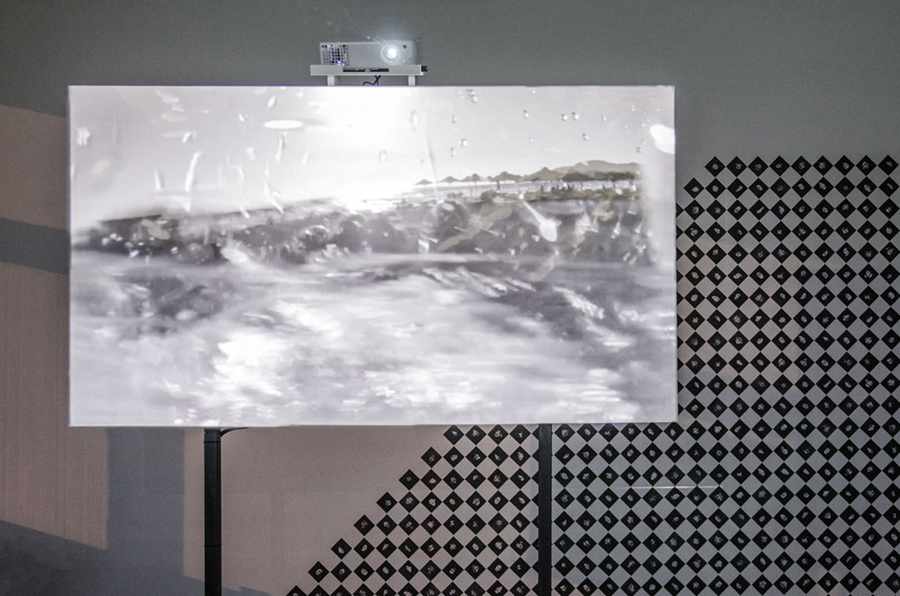Charlotte Lagro participe à l’édition 2016 de la Biennale de l’image possible, sous le commissariat de La Space.
Perdu à Pépinster
La SPACE Collection
In cité mondi asbl
Féronstrée 116
4000 Liège
Vernissage de l’exposition ce samedi 20 août 2016 de 14h à 17h
Vernissage de la biennale BIP site principal (rue Ransonnet) : à partir de 17h
Dans Perdu à Pepinster, un groupe de chercheurs en neurosciences est lâché dans une forêt avec la mission de retrouver leur foyer. Alors que nous les suivons dans l’exploration de la région, nous naviguons à travers les notions de perception, de vision et de mémoire. Inspirée de méthodes d’entraînement militaires, un “dropping” est une pratique rituelle pratiquée en vue d’exercer les capacités d’orientation, renvoyant à un imaginaire d’aventure, de compétition et de camaraderie. Pour réaliser ce projet, Charlotte Lagro (NL, 1989) a collaboré avec un laboratoire de recherches sur le cerveau et les émotions dirigé par le Docteur Beatrice de Gelder de l’Université de Maastricht.
For this exhibition Charlotte Lagro worked with the Brain and Emotion Lab led by Beatrice de Gelder, of the department of Psychology and Neuroscience at Maastricht University, and with the Paris collective, G’old Time Solutions (Mathilde Ganancia and Baptiste Pays).
The science laboratory develops a series of experiments on the perception and the expression of emotions, fear in particular. In residence in this scientific environment for several months, Charlotte Lagro invited researchers to immerse themselves, along with herself, in a situation giving tangible form to their research subjects. The group thus spent a weekend in the region of Pepinster, bordering the Ardennes. Long nocturnal walks were the opportunity for discussions, observations and real confrontations in which the imagination of the scientists was enlisted, people who are habitually in the position of observers, in a neutralised environment. The ensemble of the experiment and videos which emerge from it, focus on these fleeting moments when, thanks to intense emotions, the limits of humanity (mental and corporal) dematerialise to give rise to other states, more indistinct, more acute, more mysterious.
Prior to the weekend, whilst she was developing the project, Charlotte Lagro asked questions of G’old Time Solutions. G’old Time Solutions is an arts association which brings together, through an office installed in a Montreuil retirement home, a committee of aged people to whom are submitted a whole series of questions and problems by people who are still active, often in a hurry and encumbered with the constraints of everyday life, and without the time to think through their lives.
The work of Charlotte Lagro functions like the setting up of a network which is creating tunnels between different spaces, times and contexts. Her method pertains to the wish to give a human face and visibility to abstract principles or to hypotheses.
[sociallinkz]
